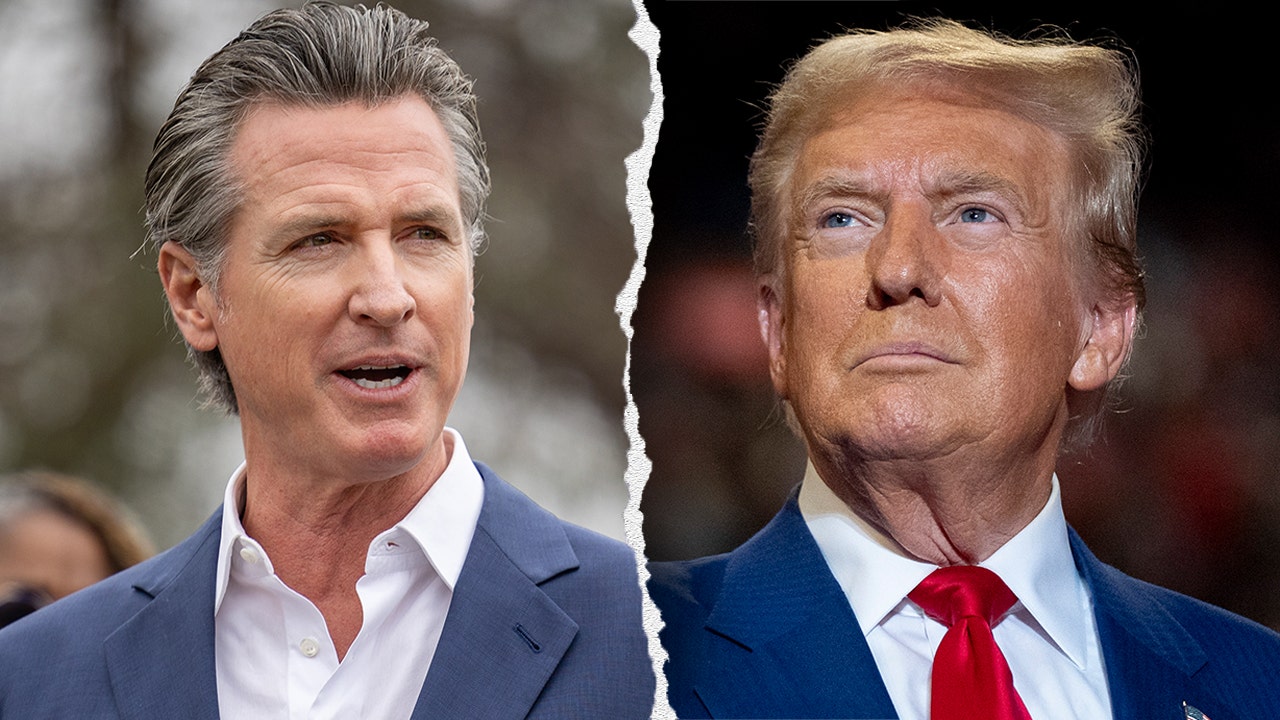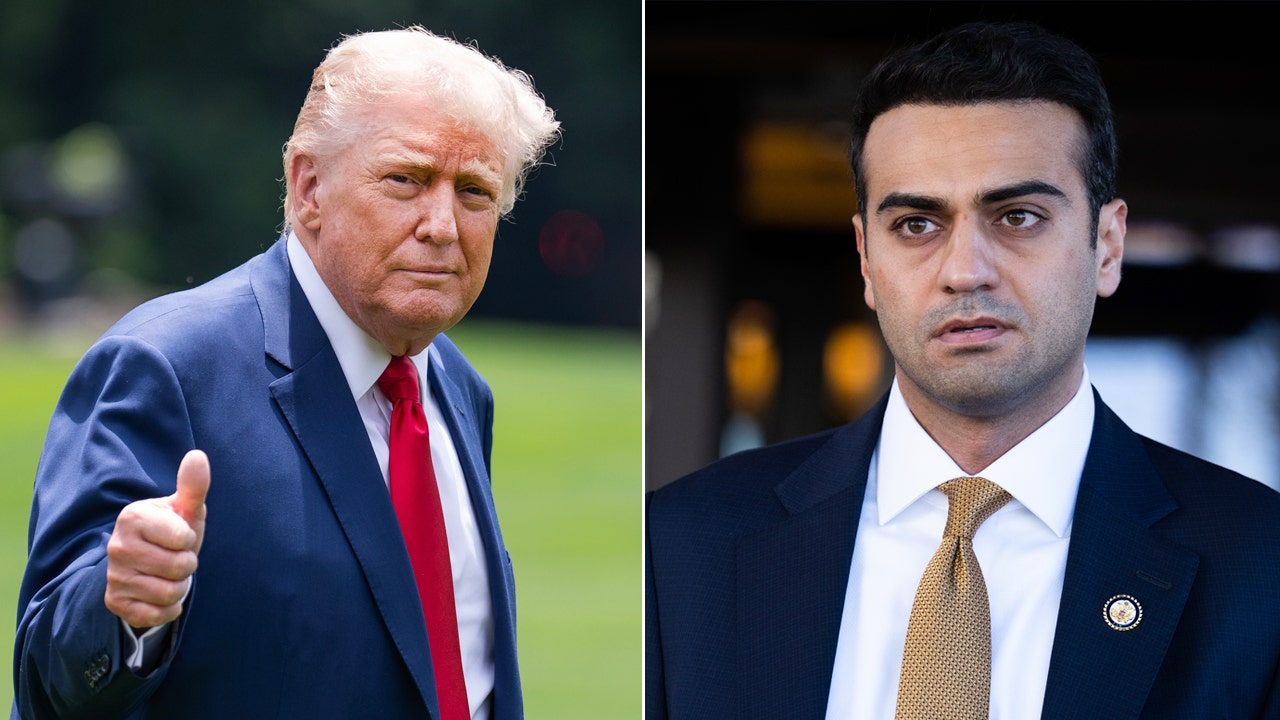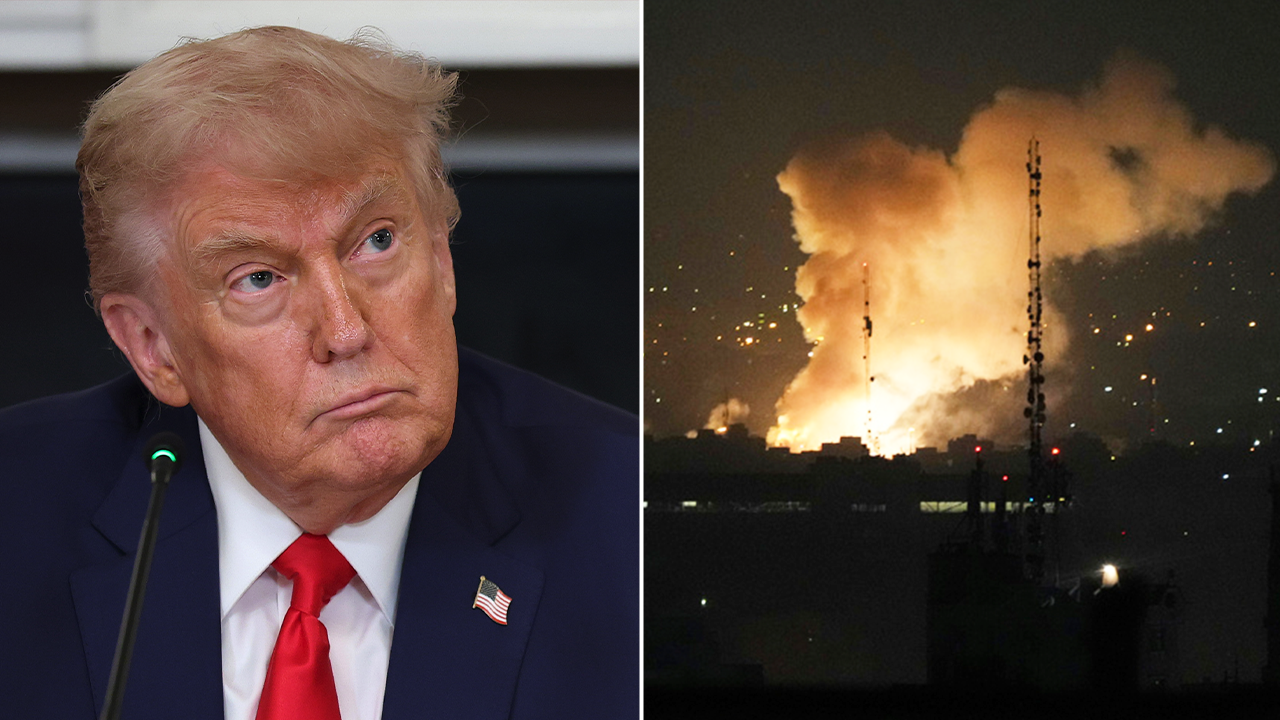More than 40% of Californians voted for Trump, state ‘not as liberal as Newsom’ thinks, says expert

More than 40% of Californians cast their ballots for President-elect Trump this year, marking the highest number of votes for a GOP candidate in the blue state since George W. Bush’s re-election in 2004. This surge in support for Trump has surprised many experts, who argue that Californians are not as far left as Governor Gavin Newsom assumes.
The state saw several conservative-leaning ballot measures pass, as well as the removal of progressive Los Angeles County District Attorney George Gascon, who was backed by George Soros. Trump’s electoral performance in California has steadily increased, with his vote share rising from 31% in 2016 to 34% in 2020. Despite a conservative exodus to states like Florida and Texas, Trump managed to increase his percentage of the vote by six points in the Golden State.
Susan Shelley, the VP of communications for the Howard Jarvis Taxpayers Association, believes that Trump’s appeal transcends party lines, as he has built a coalition that resonates with voters who feel left behind by current policies. She points to California’s clean-energy mandates, which have led to higher electricity bills, as a key issue that has united voters across party lines.
California’s recent ballot measures reflect a shift towards more conservative policies, with Proposition 36 overwhelmingly passing to reverse some of Gascon’s soft-on-crime initiatives. Another measure, Proposition 5, which would have likely increased property taxes, failed to garner enough support. Gascon himself was ousted from office, with former assistant attorney general Nathan Hochman set to replace him.
In addition to these policy shifts, California has become a battleground for contentious cultural issues, such as education and transgender rights. Governor Newsom signed a law banning school districts from notifying parents about their child’s gender identity, sparking backlash from parents and school districts alike. Lance Christensen, a political expert, believes that these issues, along with Newsom’s perceived alignment with the progressive Biden-Harris administration, have contributed to Trump’s increased support in the state.
Newsom’s response to Trump’s victory has been swift, calling for a special emergency session with the state legislature in December to bolster California’s legal defenses against potential attacks on civil rights, reproductive freedom, and climate action. Despite his defiant stance, Newsom has also expressed a willingness to work with the incoming president.
As California grapples with shifting political dynamics and a more diverse range of viewpoints, it remains to be seen how these changes will impact future elections and policy decisions in the Golden State.




